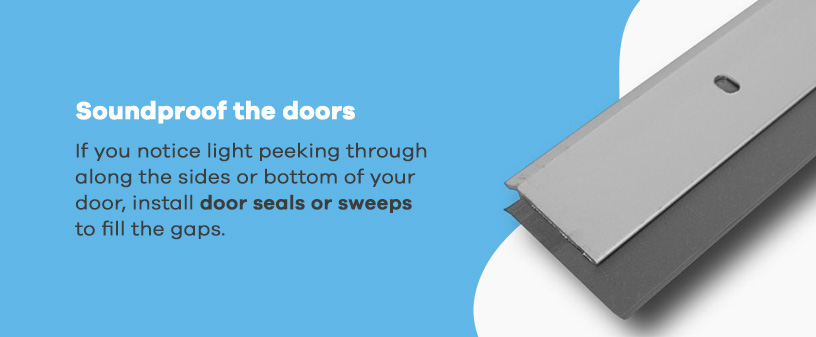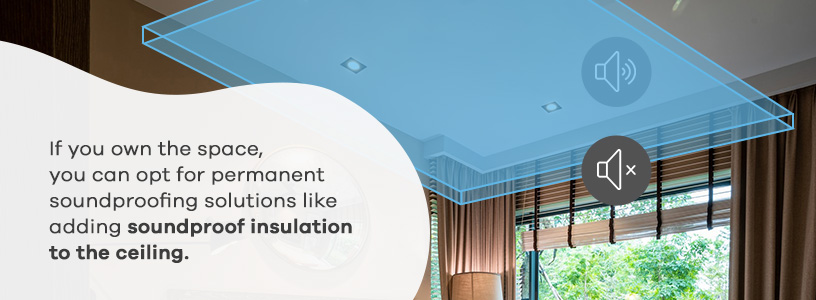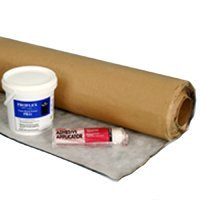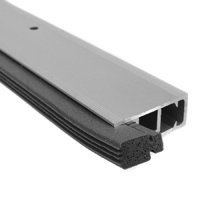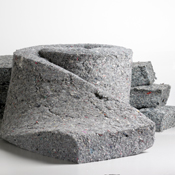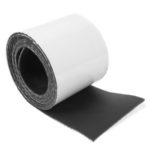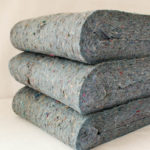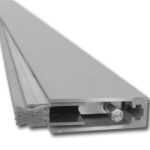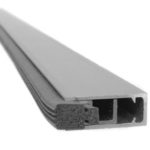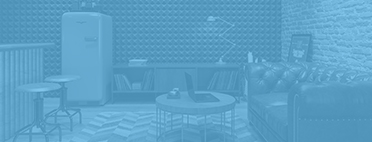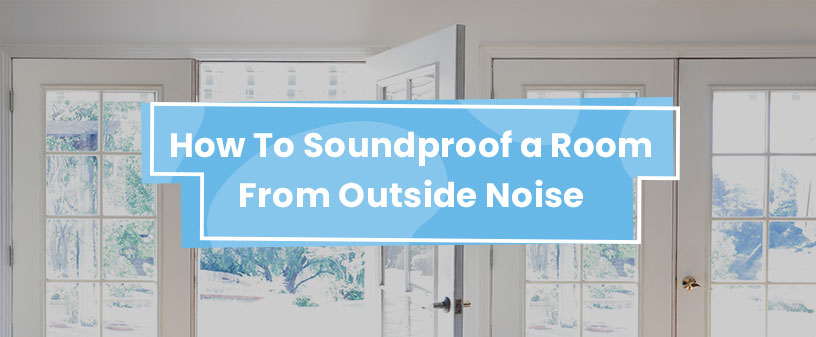
Peace and quiet at home are more valuable than ever. We all need a comfortable, distraction-free space we can call our own, but some buildings leak more noise than others. If excessive amounts of noise permeating your walls interferes with your relaxation or work, it’s time to learn how to block noise from outside. From the windows to the walls to the vents, ducts and crawlspace — this post will cover some ways to stop noise from getting into your home.
1. Soundproof the Windows
Windows are one of the most common culprits for leaking outside noise and they’re also one of the most difficult to soundproof. After all, part of the appeal of windows is that they open to let air in and out. How do you soundproof a window without compromising its function?
One way is to seal any cracks with acoustical sound sealant. Similarly, apply acoustic tape to prevent noise from squeezing through the seams. For any sound that makes it through your seal, hang thick curtains to absorb most of the frequencies.
2. Soundproof the Walls
Walls are another common entryway for outside noise. To thoroughly address the problem, consider soundproofing tactics for your home’s interior and exterior walls alike.
Start outside with the walls closest to the noise source. Inspect your exterior walls for any cracks or holes and fill them with acoustical sealant. If you have the budget to do so, update your home with vinyl siding that bounces noise back toward its source.
Moving inside now, you can insulate your walls with soundproofing insulation. This way, you’ll have a thicker, more absorptive barrier between your home and the noise sources outside.
3. Soundproof the Doors
Like windows, doors present a worthy soundproofing challenge. Even the most careful installations leave small cracks at the bottom or along the sides of a door. Your weatherstripping should keep most air and noise out, but some doors need extra help. If you notice light peeking through along the sides or bottom of your door, install door seals or sweeps to fill the gaps.
4. Soundproof the Vents, Ducts and Crawlspace
The systems that help you feel comfortable in your home can also be some of the worst offenders when it comes to letting outside noise get in. As nice as it is to have an air conditioning system at home, its vents essentially direct outside noise right into your room.
While you’ll want to leave vents and ducts free of obstruction, you can still soundproof them to create softer surfaces that absorb more sound than they reflect. Sound barriers for homes are safe to install around your air vents and can effectively guard against airborne and contact noise.
5. Soundproof the Ceiling
When you have noisy neighbors living above you, it’s especially critical to address your ceiling if you want to fully soundproof from outside noise. Sounds of vacuum cleaners, footsteps, music and even conversations could drift down from above, so you’ll want to take measures to reduce those noises.
If you own the space, you can opt for permanent soundproofing solutions like adding soundproof insulation to the ceiling. However, if you rent, your landlord or property manager may not want you tearing open the ceiling to make your own soundproofing renovations, so you’ll need some other options.
For starters, you can talk to your neighbors to let them know that you’re experiencing a lot of sound coming from their apartment. You can also reach out to your landlord to let them know that some of their tenants are being too loud.
6. Soundproof the Floors
Another area to focus on when trying to soundproof a room from outside noise is the floor. Like soundproofing your ceiling, you have a few ways to soundproof your floor to block out noise from a loud neighbor or noisy business below you.
Try laying down thick carpets on your hard floors to help absorb sounds and reduce echoes. You can apply flooring underlayments to prevent airborne sounds from traveling upward for a more long-term solution. You can also replace hard floors with full carpeting, which will absorb sounds from below and make your space feel more acoustically isolated. Keep in mind that these last two solutions are permanent changes, which may not be an option if you’re a tenant.
7. Soundproof the Outside
Another way to keep noise out of your room is to soundproof the outside areas of your living space if possible. As we mentioned above, you can put new siding on your house to reflect sounds away from your room.
If you have control over your surrounding property, try adding structures like a waterfall for some white noise to drown out unwanted sounds. Another option is to plant large trees and shrubs on your property to form a barrier and keep your property more isolated from unwanted noises.
Learn More With the Soundproof Cow
At the Soundproof Cow, we do our best to develop solutions that address every noise issue homeowners may experience. We’ll even perform a free acoustical analysis and give our recommendations. To learn more home soundproofing tips from the Soundproof Cow, contact us online today!



